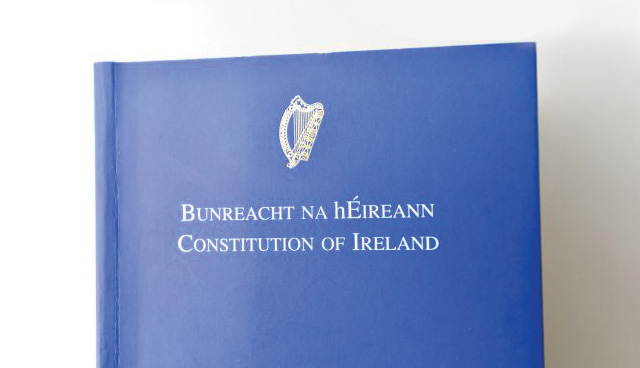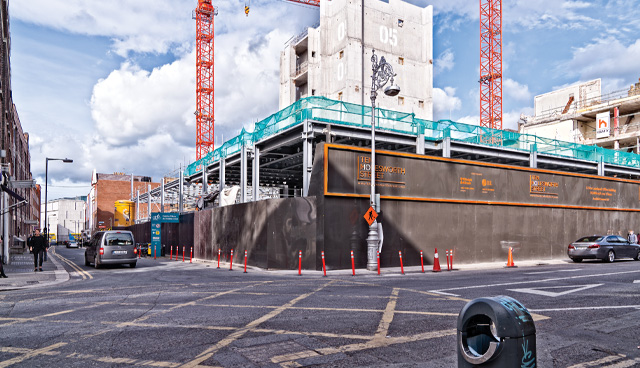
Ireland’s housing retrofit imperative
22nd July 2020
Rent freeze: A constitutional question
22nd July 2020Construction at a glance

A new report from the Oireachtas’ Construction Sector Group provides an overview of trends within the sector, from productivity, growth, costs and the sector’s response to the Covid-19 pandemic.
The report found that the recovery and growth of the construction industry has continued apace since 2014, with investment from both public and private sources having significantly improved between 2014 and 2019. Public investment rose from €4.3 billion to €7.3 billion from 2014 to 2019, while private sector investment more than doubled from €8.3 billion to €18.9 billion in the same period.
This rise in demand and investment has fed through to growth, both overall and in all sub-sectors during the same period, in the volume of output from the industry. Overall construction activity increased by 13 per cent year-on-year in quarter four of 2019, with a 31.2 per cent uptick in the residential sector and an 18.5 per cent increase in the non-residential sector. Civil Engineering was the only sub-sector to suffer a decrease in 2019, down from its decade peak of 2018, but “there has clearly been a step change since 2017”. Employment in the sector has recently reached 148,300 in Q4 2019, although this is still some way off the 2007 peak of 240,000.
At the same time as public infrastructure projects such as the Port of Cork and the Gardens International Offices have progressed, the domestic private sector has developed a reputation for handling technically challenging projects such as data centres, which led to the sector recording the fastest growth in exports among Enterprise Ireland clients, a 22 per cent increase to €1.97 billion.
Covid-19
Then Minister for Public Expenditure and Reform Paschal Donohoe announced a number of measures in April in order to safeguard the progress of Project Ireland 2040 while work had been stopped in the midst of the Covid-19 pandemic, including: consideration by the delivery board “as to how a phased and orderly restart can best be achieved”; continuation of planning to facilitate the restart; continuation of pre-construction design work to ensure projects are ready to go to tender once measures are relaxed; and extending ex gratia interim payment to contractors on public work contracts. The industry has been slowly reopening since May, following the Government’s Roadmap for Reopening Society and Business and Return to Work Safely Protocol.
Demand
Demand on the construction sector saw an uptick in the second half of the 2010s as government plans such as Project Ireland 2040 and Rebuilding Ireland were rolled out, and this demand is set to increase in the 2020s. The delivery of housing is of course to the fore of the construction industry given the housing crisis the country has been experiencing for years now and the affordability of housing both during and after construction has been a major talking point around the new Government’s Programme for Government.
Demand is still outpacing delivery, which has driven costs upwards both in construction and in the final product, but one approach that has curbed this is the fixed price agreement approach deployed by the Approved Housing Body (AHB) Respond. Rather than use the looser public works contracts, Respond use their own fixed price agreements with contractors, which protect them from the spiralling costs often associated with other public works. The AHB are currently working on 27 sites, with 24 of them covered by these agreements, which has meant these sites have avoided any extra costs incurred by the pandemic, unlike the public projects agreed under public works contracts.





